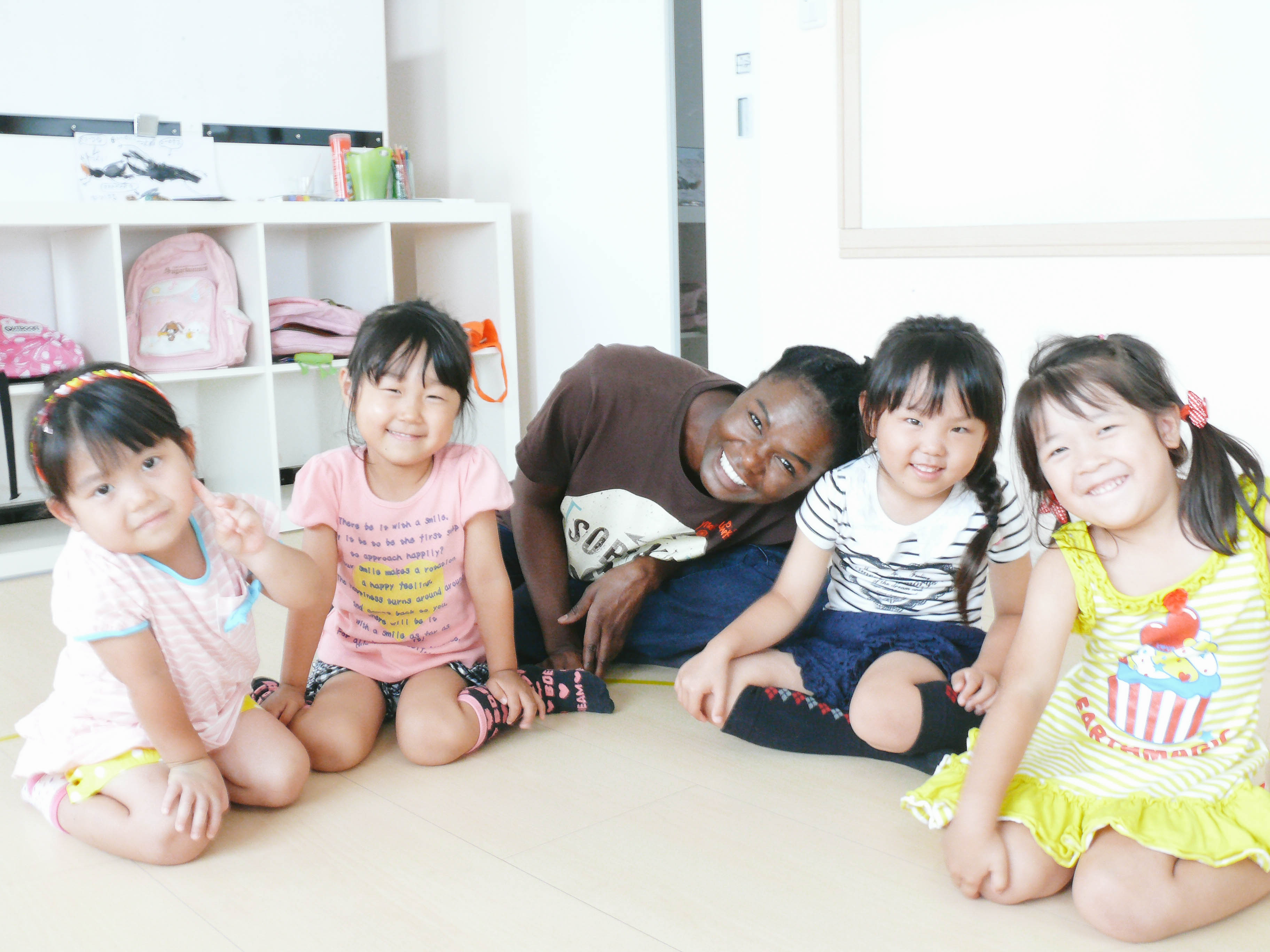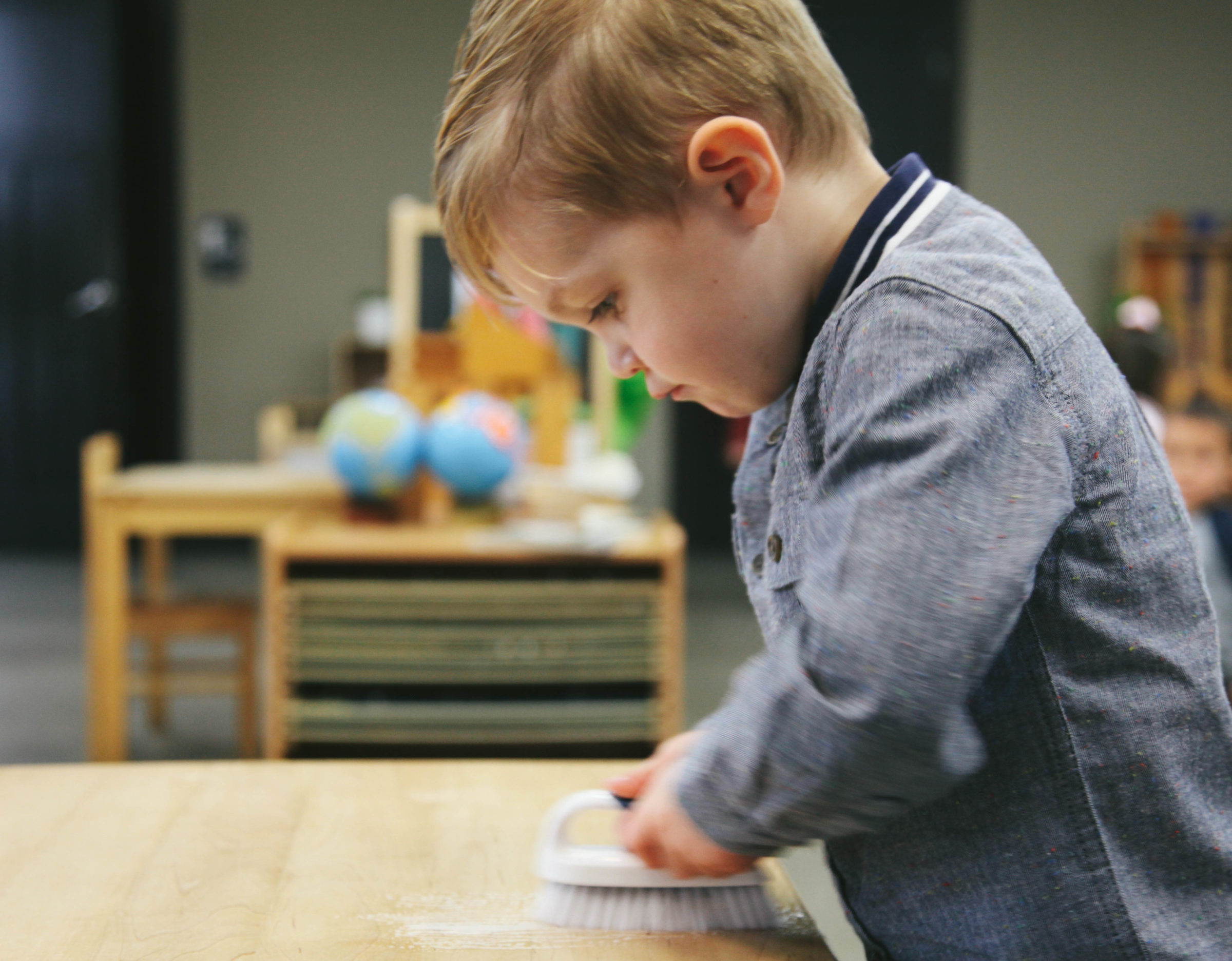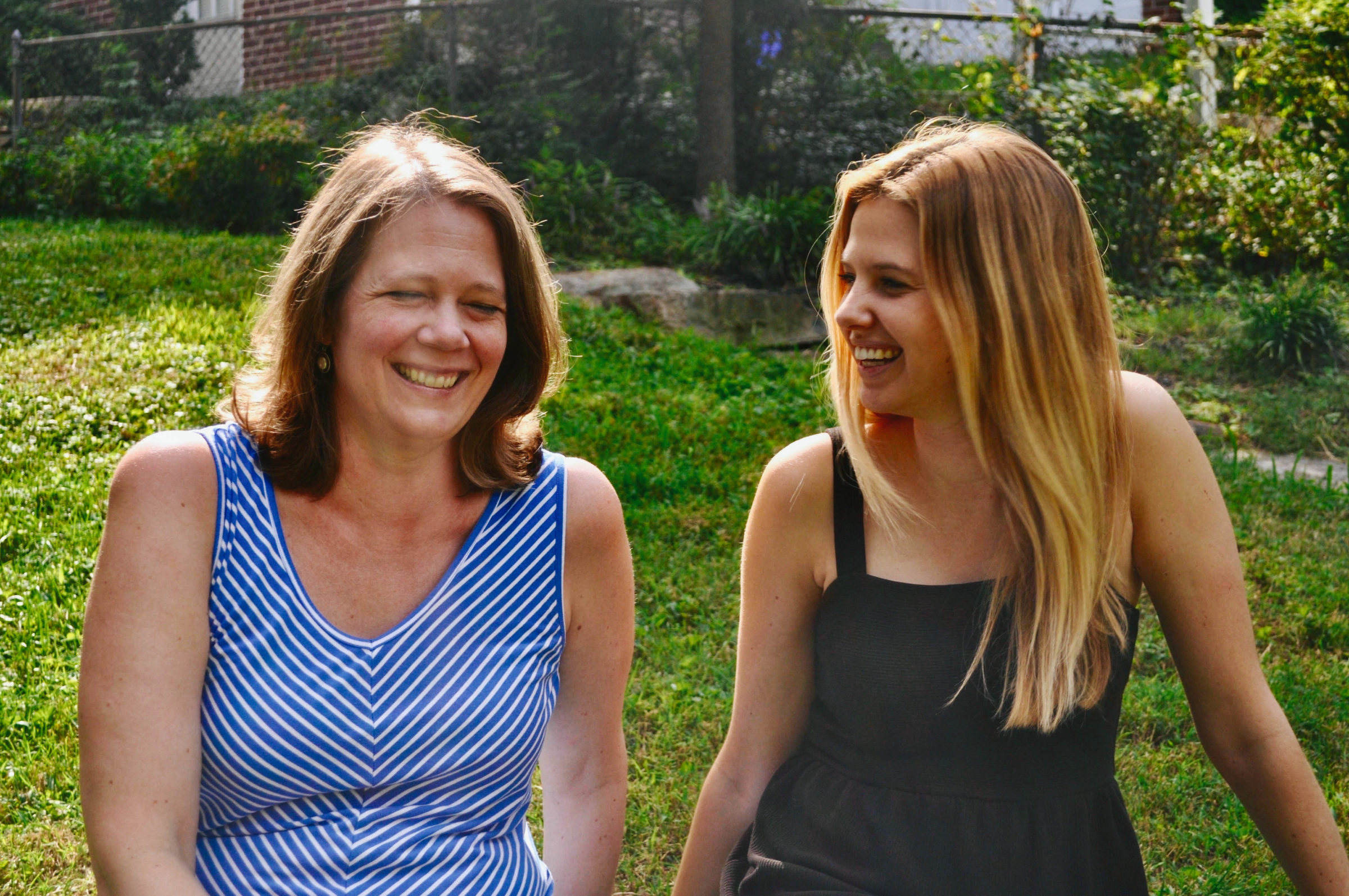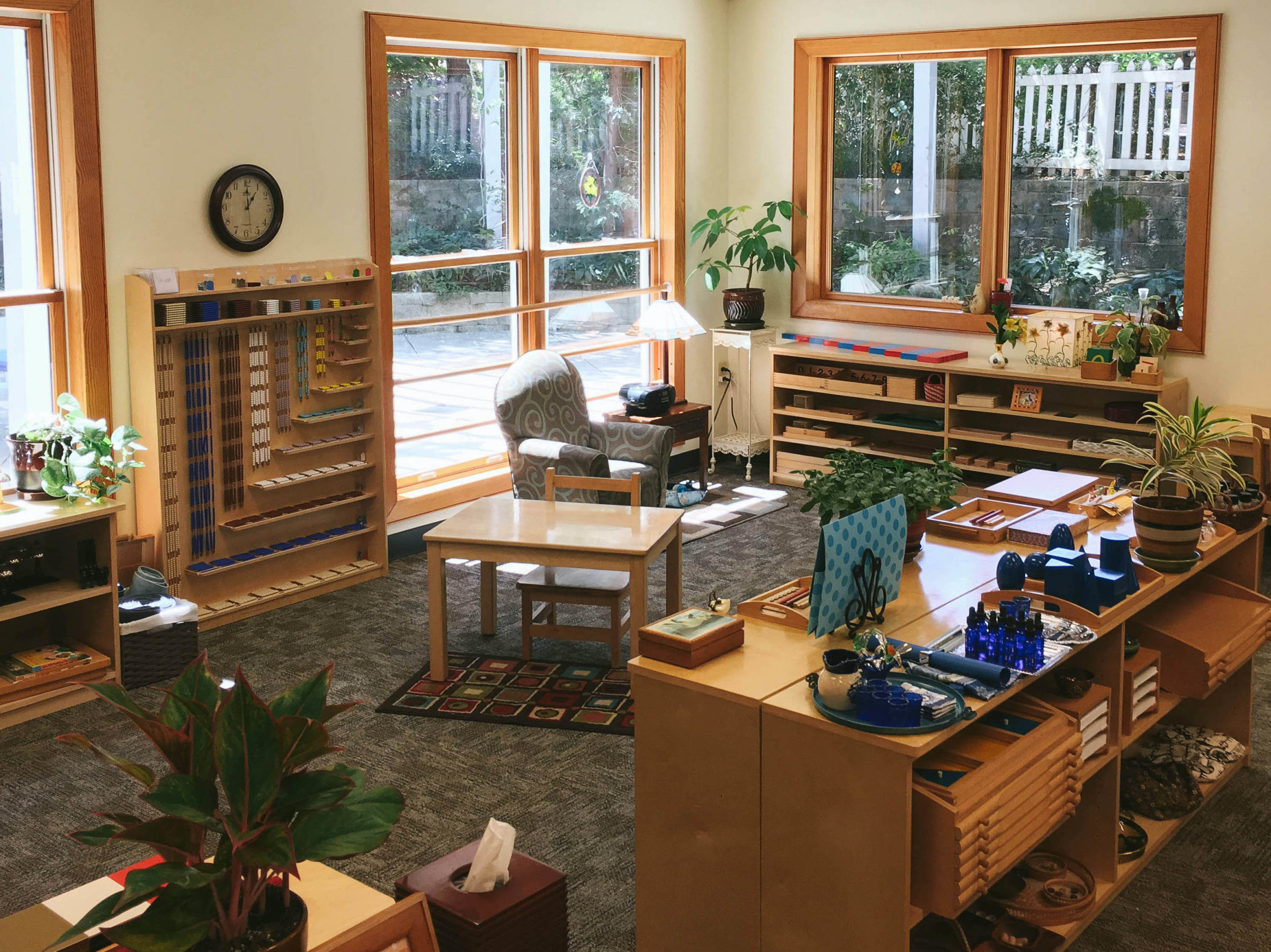Spotlight Zoe Paul
Spotlights
Q: Can you tell us a little bit about yourself? Your background, your interests, your dreams?
I’m originally from Nigeria but grew up in the US and Europe. I graduated from college with a degree in French linguistics and Arabic. I love travel and am a bit of a foodie. I dream of many things – always looking fashionable and pulled together, a world where children are free to realize their true selves, script writing a block buster sci-fi movie, organized closets, world peace, etc.
Q: Now that the hardest question is out of the way: What’s your favorite color?
I don’t really have one. I wear a lot of black and grey. The theme colors at my school are mint and light grey.
Q: Do you have a favorite book? How about a film?
So many to choose from, but the Bible tends to be one I return to most often. As for films, anything from Marvel studios! The X-Men and Avengers movies especially. Did I mention I’m a sci-fi geek?
Q: When you close your eyes late at night, and imagine waking up and starting a new adventure: what is that adventure?
It’s not Montessori, but I would like to learn to make beautiful clothing and flower arrangements. I never really learned to master my hands growing up and a new adventure for me would give me the space to do it. I find working with my hands to be so liberating for my mind. But realistically speaking, the next adventure is opening Studio Montessori in a commercial space sometime in April as well as figuring out new ways to systematically help parents and teachers work effectively with children and each other.

Q: What first appealed to you about Montessori?
The self discipline that is cultivated from the inside struck me hard when I first discovered Montessori. I had recently graduated from university with very inconsistent grades. A’s and B’s here and then C’s and D’s and even an F. All because I did not have interior self discipline. To see those Montessori elementary children managing their time and days better than college students was a revelation to me. They knew a freedom that I had only dreamt about.
I was also very touched to see a community that invested in itself and others. The director of the first Montessori school I ever worked wanted to send me to take Montessori training and pay for it. I was shocked. What did she see in me? Who believes enough in other people to support them that way? I wanted to be around people like that.
Q: What advice do you have for new Montessori adults?
“Live the life that is in you.” We spend so much time trying to live a life that is not ours. It may be the life we dreamed of as a child, a life where we are recognized, a life where we’re always happy; a life that makes others happy. But we rarely live the life that is in us. Every now and then we get a glimpse of who we are when we are not taking consideration or concern for things that have nothing to do with us. It’s those glimpses, free of outside interference, that really guide us to make changes in our lives that are truly profitable for every aspect of our lives.
Q: Did you have a “Montessori Moment?”
I was looking for a job in the newspaper and came across an ad for a French teacher at a Montessori school. I called the school and the director asked if I knew what Montessori was. I said no, but assumed it must be Catholic. She laughed and said she would explain Montessori to me when I came in for an interview.
Before my interview, the director asked me to observe in the elementary classroom. It was really wonderful. It was a huge room with just a few desks and no one was sitting at them. The children were scattered about the room working on rugs or floor tables doing different things either in small groups or individually. I was especially struck by a group of boys who were sitting around the iguana cage taking observation notes in their “field journals.” It was delightful. The only odd thing was that I couldn’t find the teacher. So many children (more than 20) all working hard and quietly, but no teacher to be found. Then I spotted her, way on the other end of the room, on the floor leading a small group activity. I kept regretting that I couldn’t have gone to a school like this.
I worked there for a semester and was amazed at how quickly the children picked up French from me. Their appetite for language was insatiable. Everyday, they would come to me with a list of nouns and verbs they wanted to learn to say in French. In less than a month we were holding basic conversations in French. From the youngest preschooler to the eldest of the elementary children, I never ceased to be amazed at their self discipline, poise, and obsession with learning. It was all fun to them and as easy as breathing. They managed their time and academic freedom much better than most college students.
I left that school to take on a job that would pay my mountains of school debt. However, it was always in in my heart that one day I was going to get the Montessori training and open my own little Montessori school. More than 10 years later I took the plunge and attended the AMI Montessori Training for ages 0-6. It was an education that forever transformed me for the better. I thank God for it every day.
Q: What’s your favorite Montessori quote?
I always come back to this one because it reminds me of the type of school experience that I want for all children:
Our idea of school is not a building with four walls in which to enclose and confine children, but a house wherein children are their own masters.
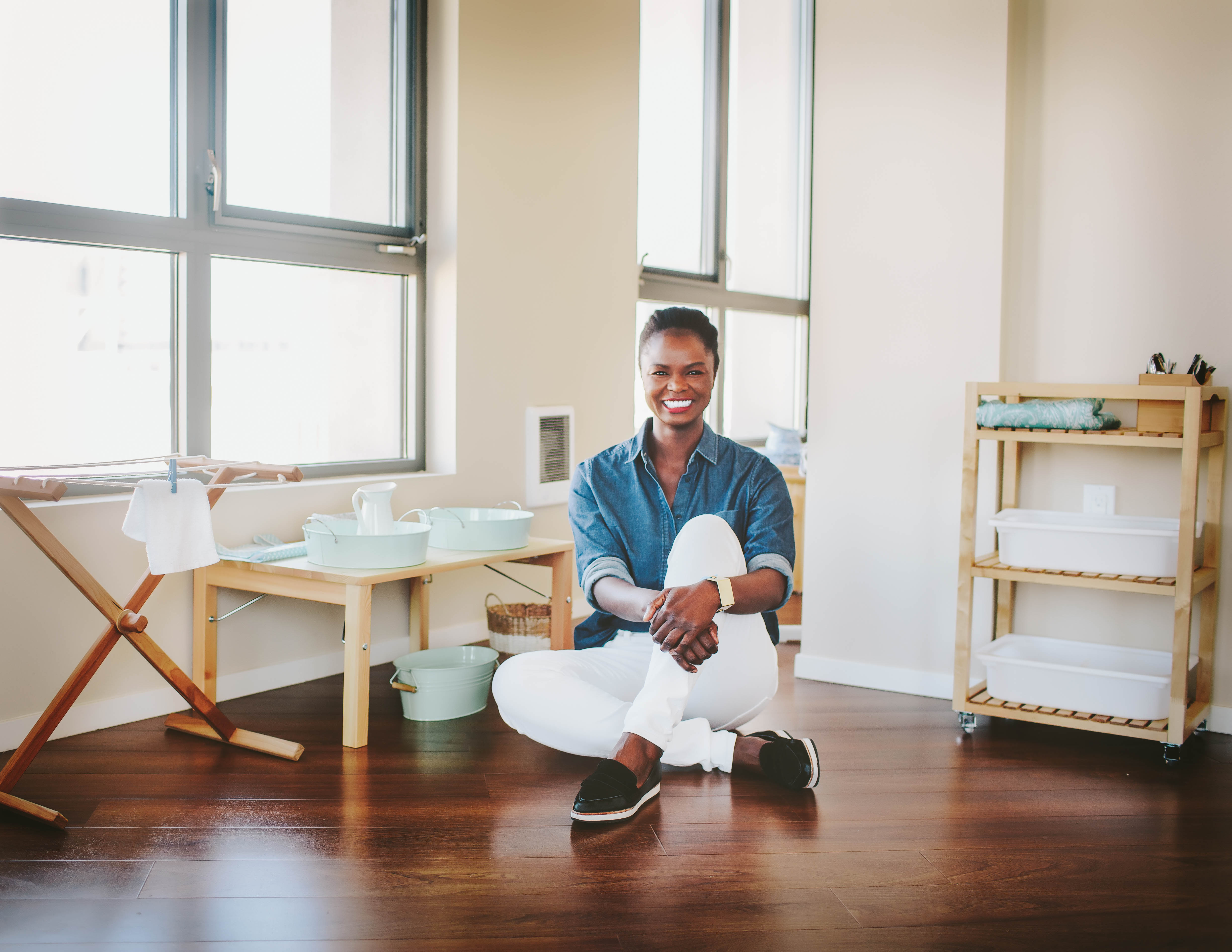
Q: So much has happened since we first met in San Francisco. Can you tell us about that and what inspired you to share your Montessori story on Medium?
I originally wrote the text for a conference in China I was invited to speak at. It was a large Montessori conference and I was thinking, “How can I best support these teachers using this pedagogy that is so different from how they were raised?” During my prayer and meditation I realized that they would need the same support I needed as a teacher: support that encourages you to stay the course when everything at school goes wrong. When life at school sucks most, that’s when you need inspiration. I learned the hard way that staying inspired takes discipline and so I shared with them how to stay inspired. The response was overwhelming and so many teachers came to thank me after my presentation. I woke up one morning 2 years later feeling that I had not done anything to support the Montessori community and was desperately trying to figure out how to quickly do that. It occurred to me then to share the article on Medium which I did. The response has been so positive.
Q: What advice do you have for new parents trying to incorporate Montessori at home?
I guess my advice is a little unorthodox, but I often tell parents that the most important thing they can do is give their children their time and attention at home. No need to turn your home into a mini-Montessori school. Forget trips to museums and the zoo. Joyfully discover what it is to live as a family at home and nurture that with your personal time and attention.
Q: What do you think is the best introduction to Montessori?
Visiting and volunteering in a Montessori environment. That’s why I require parents at my school to volunteer a full 3 hour work cycle at school twice a year. Seeing really is believing.
Q: What continues to inspire you about Montessori?
The changes I see in myself and in my school community. Montessori provides a practical route for assessing yourself and your performance without judgment. I no longer see myself in terms of being good at this and bad at that. Now I see myself in terms of what I am willing to invest the time to get good at and what I’m not willing to take the time to get good at. It’s a perspective shift. Willingness is the key to success not innate ability.
I’ve seen families really change as they learn how to give their children space to grow. The deep questioning of self and personal motives in the parent-child relationship helps parents take a mindful approach to establishing a home life.
Q: What will – no doubt – make your school so unique and have your fingerprint?
I guess it would be the design and the international perspective. My goal is to have a school that really feels and functions like a home for children. I’ve always considered myself a member of a global community and I’m intentionally infusing that into all aspect of the school.
Q: In what ways do you envision the future of education? Where do you see Montessori in the next 100 years?
I think about this a lot. I feel that just as education has to take into account the needs of a given child, education must also to take into account the needs of a given community. I’m fascinated by the idea of single-sex Montessori pre-schools in disadvantaged communities. I think it would really address specific issues related to the education of minority boys and girls in the US. I am also deeply concerned about the lack of male, particularly minority male Montessori educators. I envision a deliberate effort on the part of the Montessori community to recruit more men. Finally, I would love to see something like the Peace Corps, an International Montessori Corps or Montessori Teach for America if you will, full of eager Montessori educators ready to deploy to the neediest areas of the world to setup Montessori schools and give trainings.
Written by:
Charlotte Snyder
